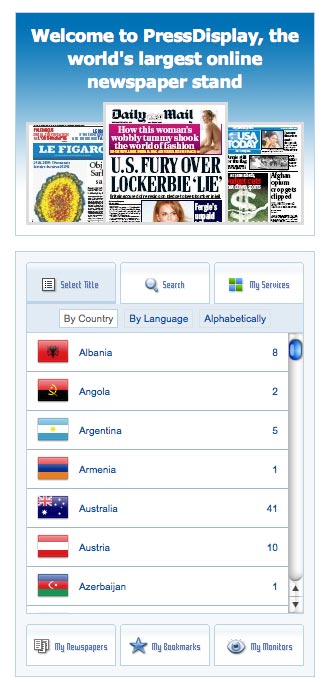Down under, a fascinating media battle continues to play out: between News Corp’s Australian newspaper, the newspapers’ critics and the Victorian Office of Police Integrity (OPI).
In fact, via regular Crikey updates I’m truly hooked, but every time I come to summarise the plot for a UK audience I get put off by its numerous layers. However, I think it’s worth attempting, and directing you to more thorough pieces on Australian media sites.
I’ve previously written about the so-called ‘OzLeak’ case, which Margaret Simons has been steadily reporting for some months on politics site Crikey.
It involves a journalist’s source, an award-winning scoop about a police terror raid by the Australian, an inquiry by the Victorian Office of Police Integrity (OPI) and the attention of the Australian Commission for Law Enforcement Integrity (ACLEI). Eventually the Australian prevented publication of the OPI/ACLEI report on its scoop with a court order.
Since my last update, the situation has got even more tricky. The Australian has published more attacks on the OPI and Victoria Police’s chief commissioner Simon Overland. The Murdoch-owned Australian newspaper has also turned its attention to Simons’ journalistic activity, accusing her of receiving “inaccurate leaks” from Victoria Police and the OPI that discredit the Australian and its reporter Cameron Stewart; a charge she denies.
Fortunately for us observers, trying to make sense of all this, another independent Australian media site, Mumbrella, steps in to provide a little more commentary and summary:
“This appears to be a story that is of more interest to journalists than the public, and it feels a little like whoever writes about the issue ends up being sucked into it,” writes Tim Burrowes. “Certainly Simons is now involved in her own tussle with The Australian.”
Drawing on his own journalistic experience, he says the newspaper has got caught up and gone “overboard” in its coverage of the OPI.
So far, those outside the story probably see one of two sides. Either, the paper is cynically pursuing its own agenda to prosecute a private war. Or it is subjecting a powerful figure to long overdue scrutiny. It is, I suspect, neither of those two things, and both of those two things.
Once you’ve got something, it’s hard to let go. Particularly when you take it personally. That’s the nature of investigative journalism.
But I don’t think this is a story that would have got anything like the column inches if The Australian wasn’t directly involved, and the senior editorial staff were not heavily invested in it.
Is there a story there? Yes. But has The Australian gone overboard in telling it? Yes.
I’ll try and update when there are further developments. In the meantime, I’ll be following Australian media news with interest.
 The new feature on the web portal will be branded as MSN PressDisplay and will give users free access to the front page and two stories from any publication on the day of print. To access more stories and back issues, users will be required to register with PressDisplay and offered subscription offers, starting at 79p to buy a credit to view another article.
The new feature on the web portal will be branded as MSN PressDisplay and will give users free access to the front page and two stories from any publication on the day of print. To access more stories and back issues, users will be required to register with PressDisplay and offered subscription offers, starting at 79p to buy a credit to view another article.